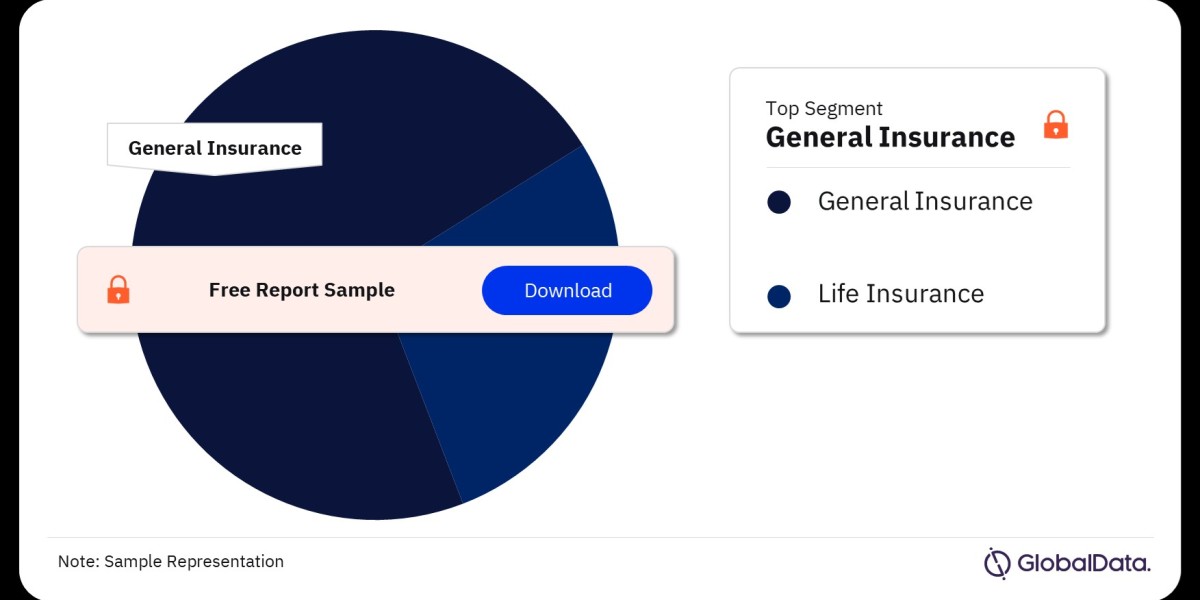Introduction
Nigeria, a rapidly developing economy in West Africa, has witnessed significant growth in its insurance market in recent years. Driven by factors such as increasing urbanization, rising disposable incomes, and changing consumer preferences, the Nigerian insurance industry has expanded to cater to the diverse needs of its population. This article explores the key trends, challenges, and opportunities shaping the Nigerian insurance market.
Key Trends in the Nigerian Insurance Market
- Increased Penetration: The insurance penetration rate in Nigeria has been steadily rising, as more individuals and businesses recognize the importance of insurance protection.
- Product Diversification: Insurers are expanding their product offerings to cater to a wider range of customer needs, including specialized insurance for sectors such as agriculture, technology, and renewable energy.
- Digital Transformation: The adoption of digital technologies, such as online insurance platforms and mobile applications, has transformed the way insurance products are sold and distributed.
- Risk Management Focus: Businesses and individuals are becoming more aware of the importance of risk management and are seeking tailored insurance solutions.
- Regional Expansion: Nigerian insurance companies are exploring opportunities to expand into neighboring African markets.
Challenges Facing the Nigerian Insurance Market
- Economic Fluctuations: The Nigerian economy is subject to global economic trends and domestic factors, which can impact insurance demand and premiums.
- Natural Disasters: The country is prone to natural disasters, such as floods, droughts, and earthquakes, which can lead to significant insurance claims.
- Regulatory Framework: Adhering to complex regulations related to insurance, data privacy, and consumer protection can be challenging.
- Infrastructure Development: Improving infrastructure, such as telecommunications and technology, is essential for the growth of the insurance industry.
- Competition: Intense competition among insurers, both domestic and international, can put pressure on pricing and profitability.
Opportunities for Growth in the Nigerian Insurance Market
- Rural Penetration: Expanding insurance coverage to rural areas, where a large portion of the population resides.
- Product Innovation: Developing innovative insurance products to meet the evolving needs of consumers, such as tailored risk management solutions.
- Digital Transformation: Leveraging technology to enhance customer experience, improve operational efficiency, and reduce costs.
- Sustainability and Ethical Practices: Incorporating sustainability and ethical considerations into insurance products and operations.
- Regional Expansion: Exploring opportunities to expand into neighboring African markets.
Key Segments of the Nigerian Insurance Market
- Motor Insurance: A significant segment, driven by the growing number of vehicles on the road.
- Property Insurance: Covers property damage, loss, and liability risks.
- Life Insurance: Includes term life insurance, whole life insurance, and medical insurance.
- Agricultural Insurance: Provides coverage for agricultural risks, such as crop damage and livestock losses.
- Microinsurance: Affordable insurance products designed for low-income individuals and small businesses.
Future Trends in the Nigerian Insurance Market
- Insurtech: The adoption of insurtech solutions to improve efficiency, customer experience, and risk assessment.
- Microinsurance: The growth of microinsurance products to cater to low-income segments of the population.
- Climate Change and Risk Management: Addressing the challenges posed by climate change and developing risk management strategies.
- Digital Transformation: Continued investment in digital technologies to enhance customer engagement and streamline operations.
- Regional Integration: Exploring opportunities for regional collaboration and integration within the African insurance market.
Conclusion
The Nigerian insurance market is a dynamic and growing landscape, driven by factors such as economic growth, urbanization, and changing consumer preferences. By understanding the key trends, challenges, and opportunities, insurers can position themselves for success in this market. As the country continues to develop and modernize, the insurance industry is poised for further growth and innovation.
Buy Full Report for More Insights into the Nigeria Insurance Market Forecast, Download A Free Report Sample








